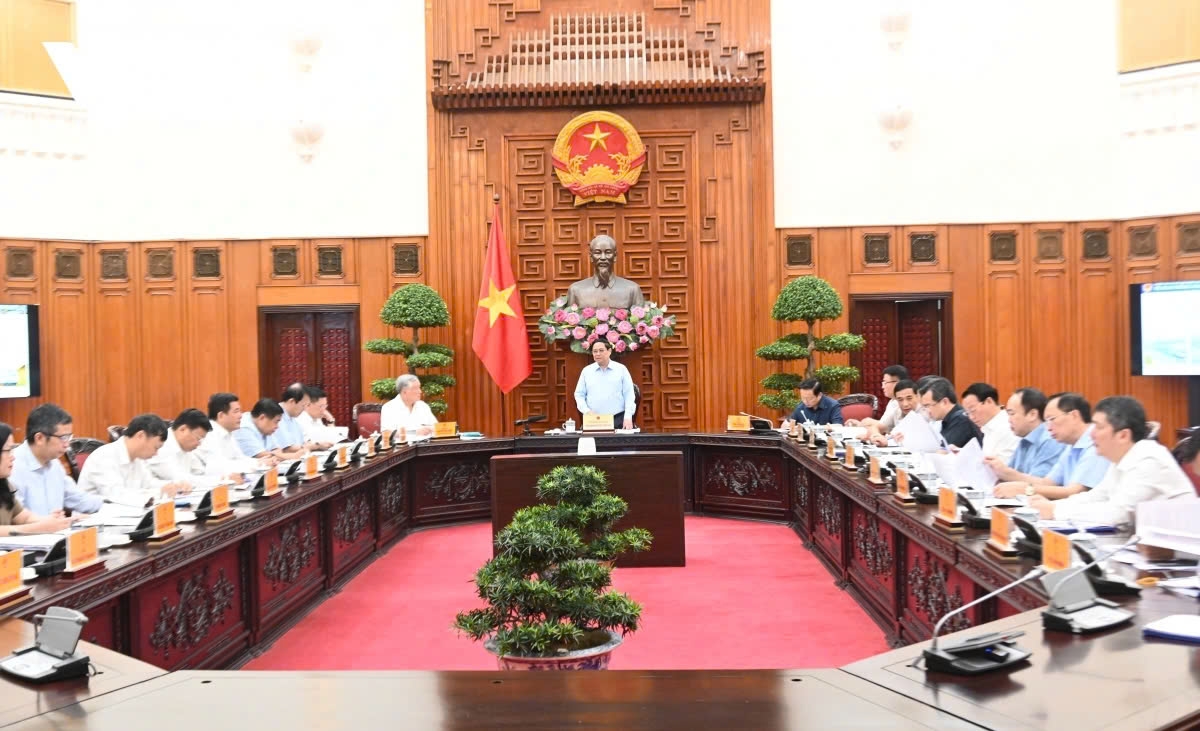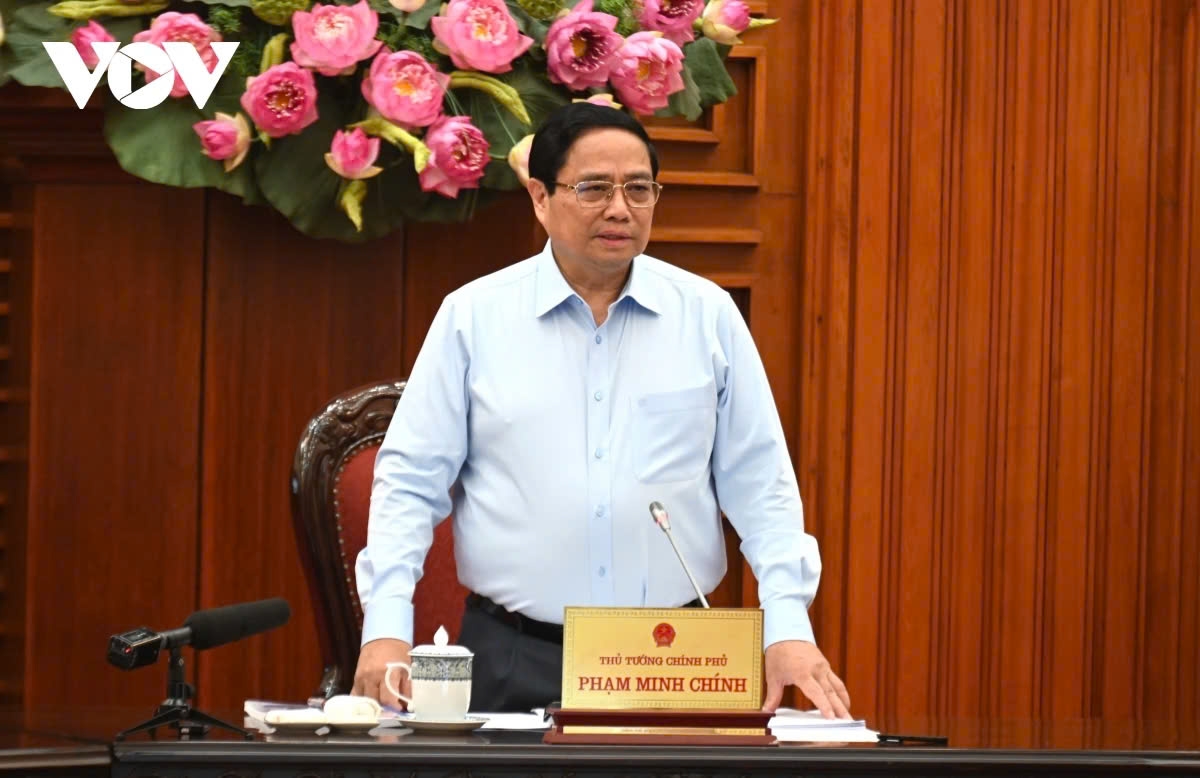Vietnam shows resolve to implement North-South high-speed rail project
Society – Economy - Ngày đăng : 15:15, 05/10/2024

The meeting was attended by the Deputy Prime Ministers and leaders of relevant ministries and sectors.
The high-speed rail line has been designed to stretch 1,541 km for trains to run at a speed of 350 km/h. The line will have 23 passenger stations and five cargo stations, starting from Ngoc Hoi Station in Hanoi, passing through 20 provinces and cities, and ending at Thu Thiem Station in Ho Chi Minh City. The project is estimated to cost Vietnam about US$67.34 billion.
To finalise the project, the Ministry of Transport, in collaboration with other ministries and sectors, has examined experiences and models from 22 countries and territories, as well as high-speed rail technology in six countries that master this technology.
The project has been approved by the Politburo and the Party Central Committee, and will be submitted to the coming National Assembly session due to take place late October 2024, for consideration and approval.
Meanwhile, the Ministry of Transport, relevant ministries and agencies are actively developing projects to implement three railway lines connecting Vietnam and China, including: Lao Cai - Hanoi – Hai Phong; Lang Sơn - Hanoi; and Mong Cai - Ha Long – Hai Phong. The 1,435 mm gauge rail lines have been designed to serve both passenger and freight transport with a total investment of nearly US$24 billion.
At the meeting, delegates highlighted the significance and importance of investing in railway projects for national development, emphasizing the need for special mechanisms to mobilize resources and streamline investment procedures for the North-South high-speed rail project alone. They shared opinions on route direction, investment standards, technology, the development of the railway industry, workforce training, and the management and operation of the railway system.

Concluding the meeting, Prime Minister Pham Minh Chinh stressed the need to thoroughly study and analyze the project’s effectiveness, not only from economic perspectives but also in terms of overall benefits.
The railway must ensure connectivity with other infrastructure systems and modes of transport, such as aviation and maritime transport, as well as domestic economic corridors and neighboring countries like China, Laos, and Cambodia, said the PM.
He called for the examination and proposal of special mechanisms, particularly for the project’s implementation, focusing on resource mobilization, procedural processes, and specific policies regarding land acquisition and construction materials.
With regarding investment, he proposed mechanisms for mobilization and diversify funding sources, including public investment, funding from bond issuance, loans, and other legal resources.
Along with financial resources, the PM reminded relevant ministries, sectors and localities to mobilize all available human resources and equipment for the project. He underscored the importance of enhancing international cooperation to secure financial resources, technology transfer, human resource training, and managerial experience to construct, manage, and operate the railway safely and efficiently.
The PM assigned Deputy Prime Minister Tran Hong Ha to directly oversee the investment policy implementation for the project.
